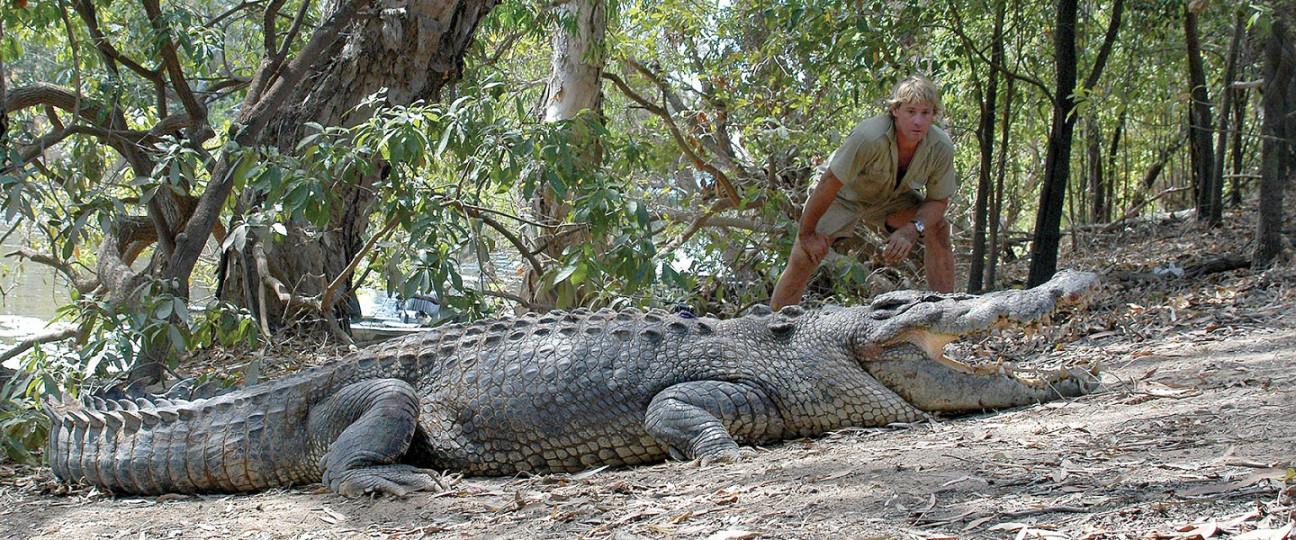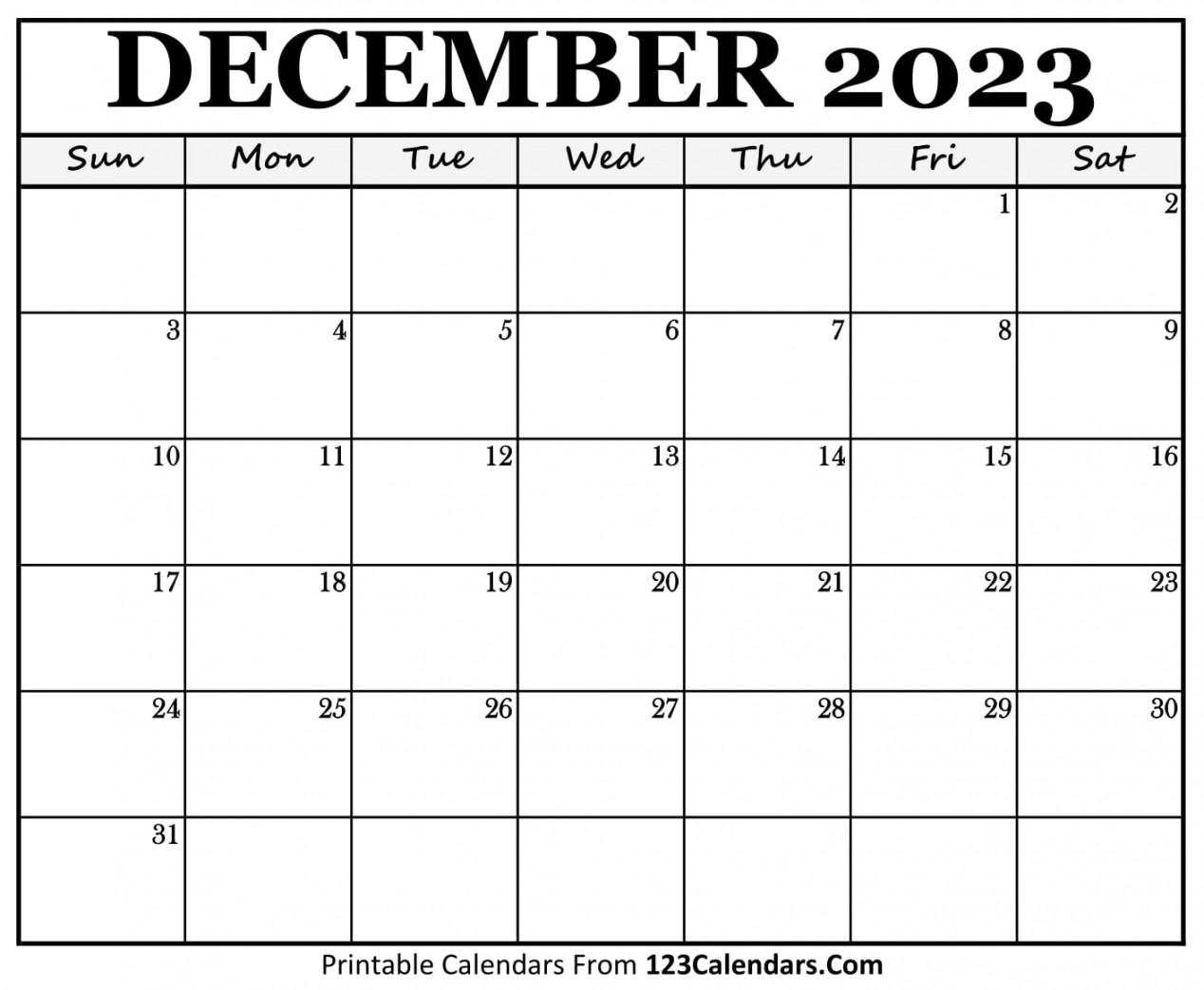Best Car Insurance Companies Of October 2023 Liability Car Insurance
Liability car insurance is an essential type of car insurance coverage because it pays for damage you cause to others. This includes injuries and property damage. It also extends to paying for lost wages and the pain and suffering of others when you cause an accident.
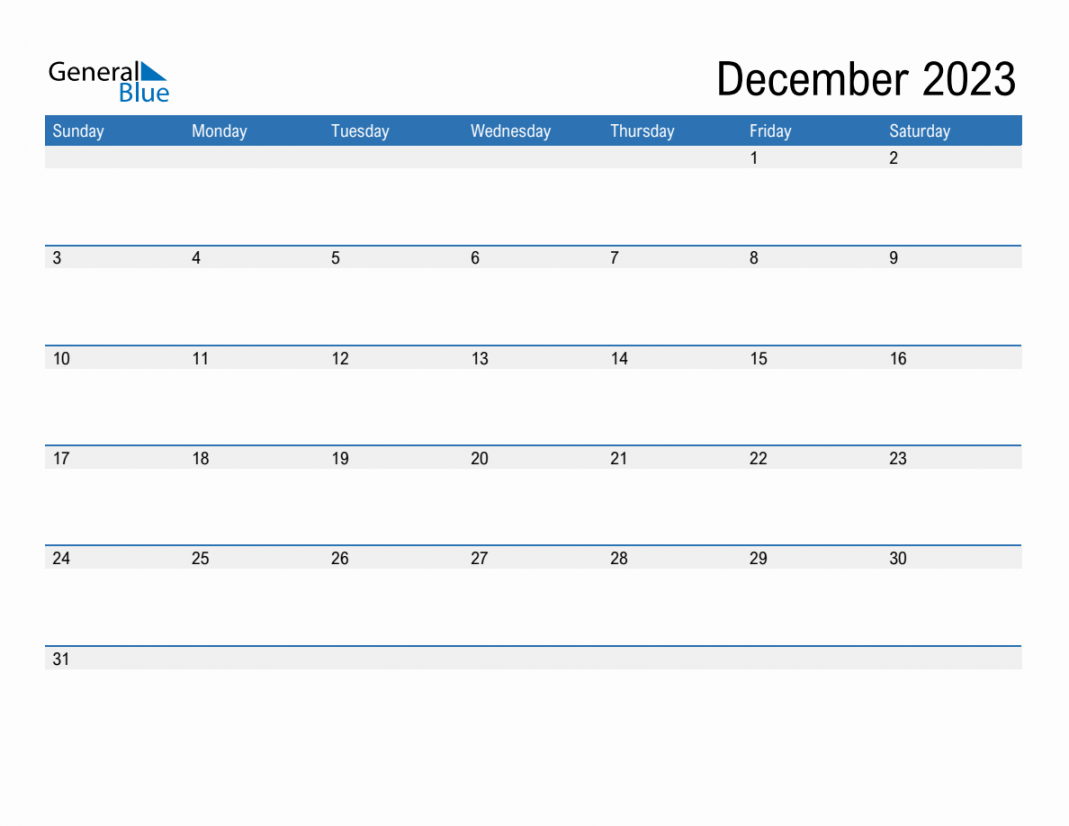
If you’re sued over an accident you have caused, liability car insurance pays for your legal defense and any settlements or judgments against you. But it only pays up to your liability limits, which is why it’s important to have sufficiently high limits. You’re personally responsible for damages that are above your liability limits.
Liability insurance does not pay any money to you for your own injuries, car damage or non-economic damages like pain and suffering.
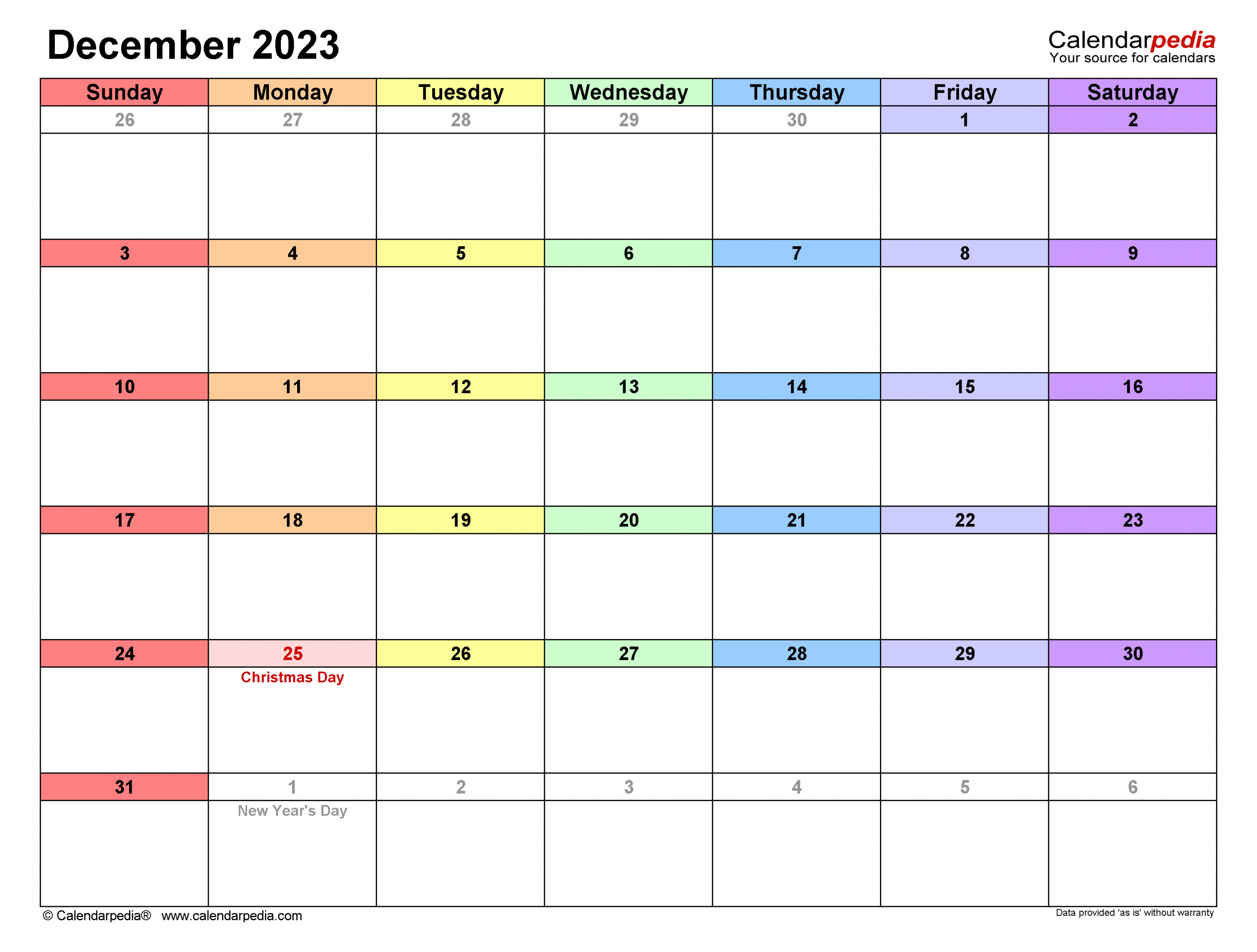
Collision Car Insurance
Collision insurance pays for damage to your own vehicle, no matter what caused the accident. If someone crashes into you, or you crash into a pole or other object, you can make a claim on your collision insurance.
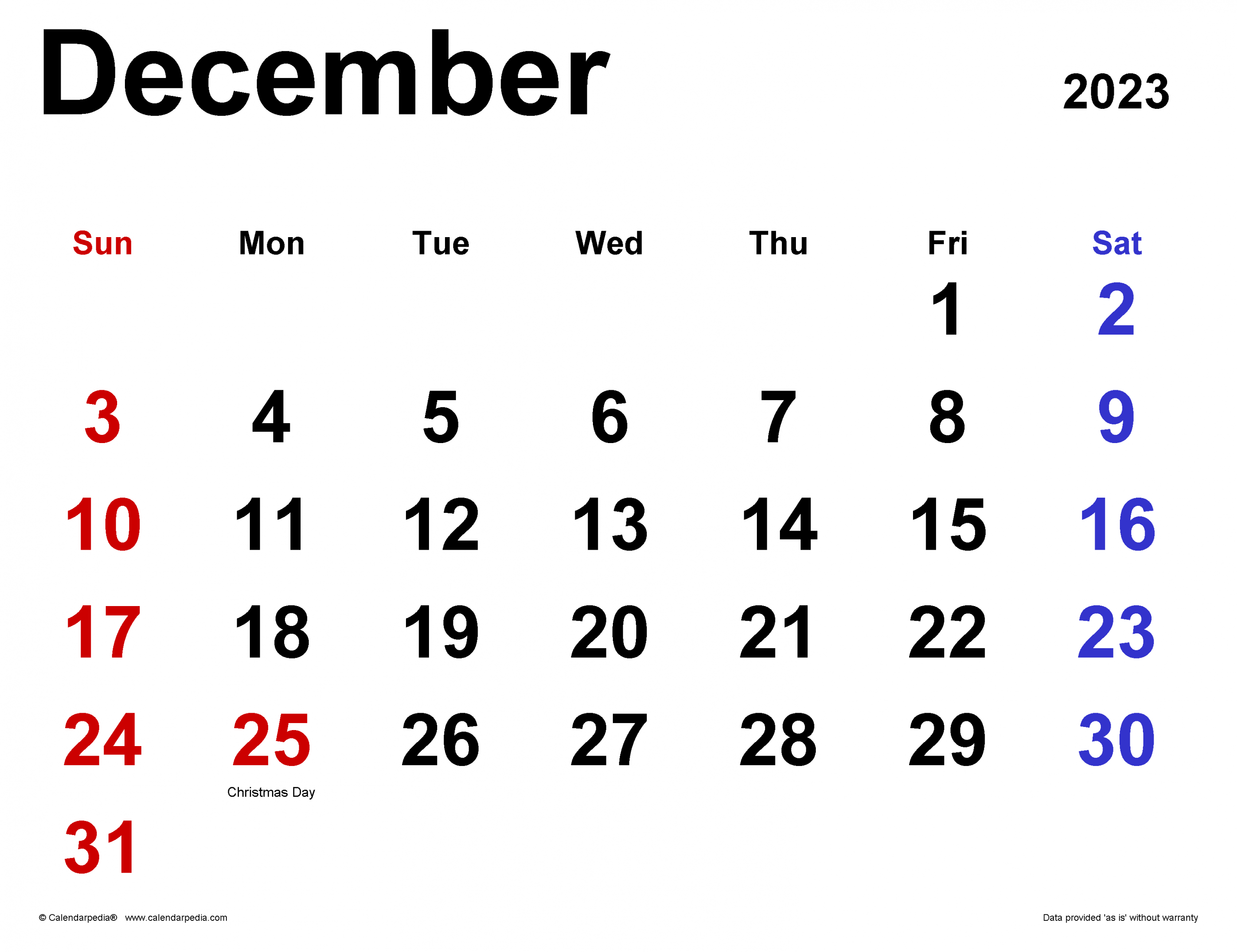
If someone crashes into you another option is to make a claim on that person’s liability insurance. But in some cases car owners find it easier to go through their own collision insurance rather than deal with someone else’s insurer.
Comprehensive Car Insurance
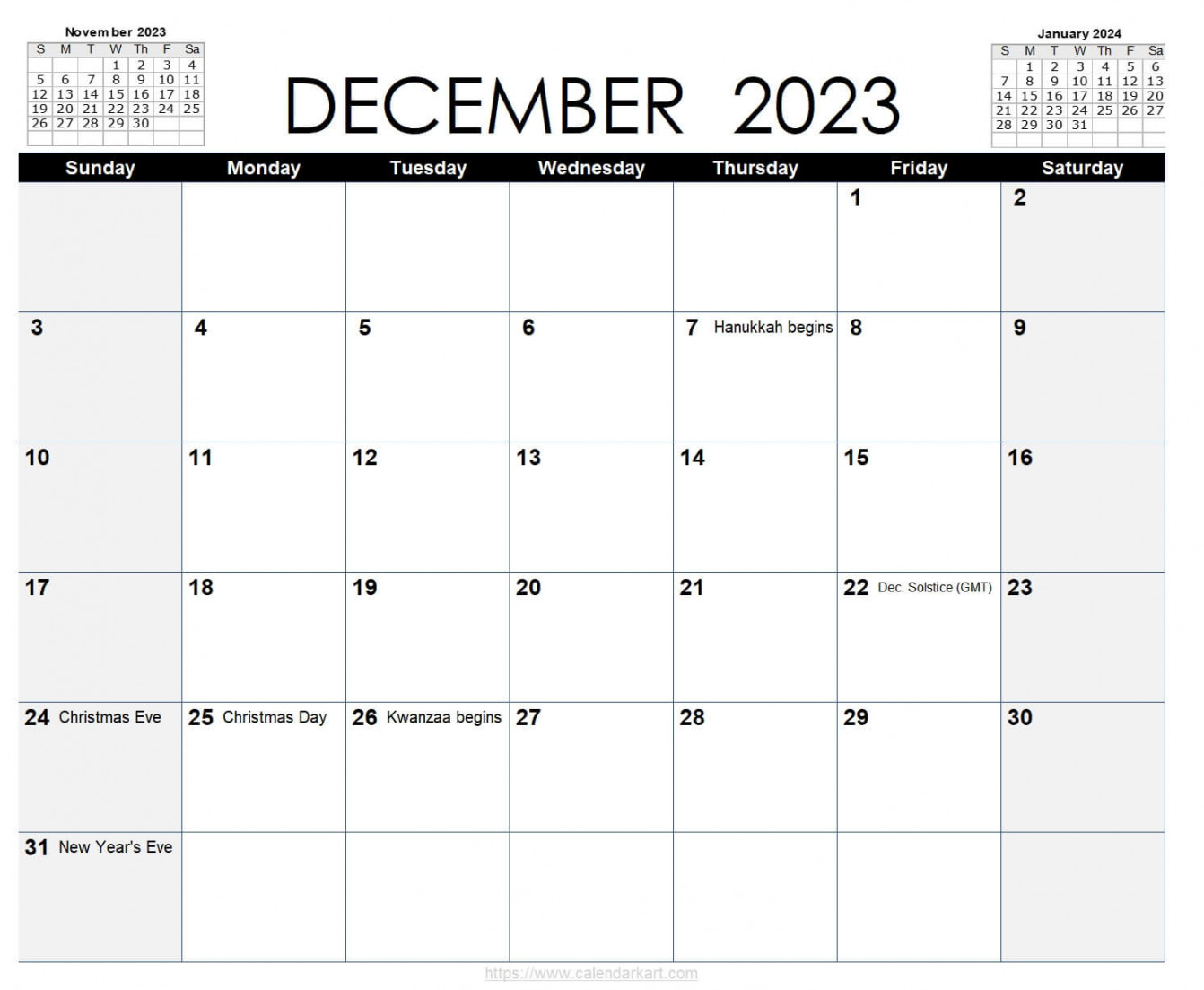
Comprehensive insurance is a valuable coverage to buy because it will pay for damage to your car that’s not covered by collision insurance. That can include hail, fallen tree branches, car fires and flood water.
It will also pay you the value of your car if it’s stolen.
Collision and comprehensive insurance are generally packaged together and you usually cannot buy them separately.
Full Coverage Car Insurance
Full coverage car insurance is simply a common name for an auto insurance policy that includes liability, collision and comprehensive insurance.
While there are many other helpful coverage types you could add to a policy, full coverage car insurance will give you a good foundation for insurance for a wide variety of situations.
Gap Car Insurance
Gap insurance is helpful if you have a large car loan or a lease. If your car is totaled or stolen, gap insurance will pay the difference between the insurance check for your totaled vehicle and the amount you owe on a loan or lease.
For example, if you have a large balance on your car loan but your car’s current value is well below the loan balance, gap insurance can pay the difference.
What Types of Car Insurance Are Required?
Liability insurance is required in almost all states and is one of the main types of car insurance. Liability insurance pays for injuries and property damage you accidentally cause to others in an auto accident.
Uninsured motorist insurance is another type of car insurance that’s required in many states. If an uninsured motorist crashes into you, this coverage will pay you and your passengers’ medical bills. Although in states with a “no-fault” car insurance system, you’ll use your own personal injury protection (PIP) for the medical expenses of you and your passengers, no matter who was to blame for the accident.
Collision and comprehensive insurance is likely required for your car loan if you financed your vehicles. Even if you don’t have a car loan it’s smart to have these types of car insurance, especially on newer vehicles. Collision insurance covers car accidents with other vehicles or objects, such as a building or pole, and pays regardless of fault. Comprehensive auto insurance covers car theft, fires, damage from severe weather, floods, hail, falling objects, vandalism, and striking an animal.
